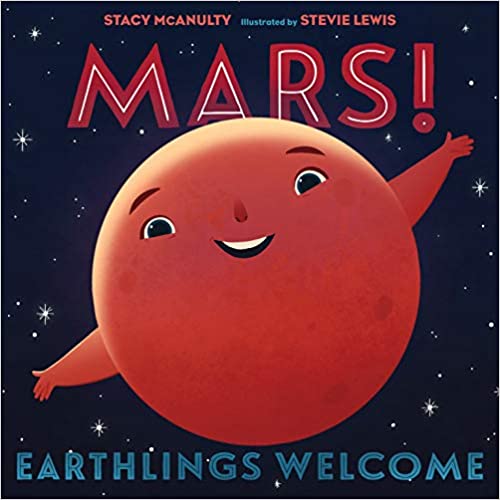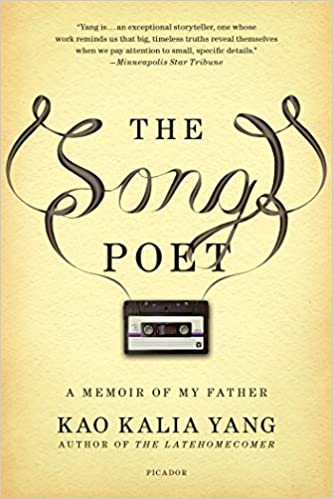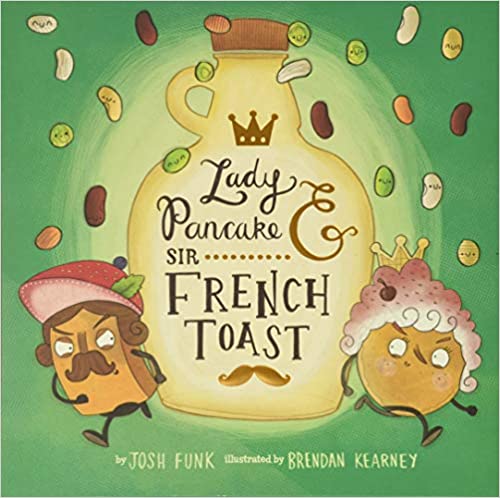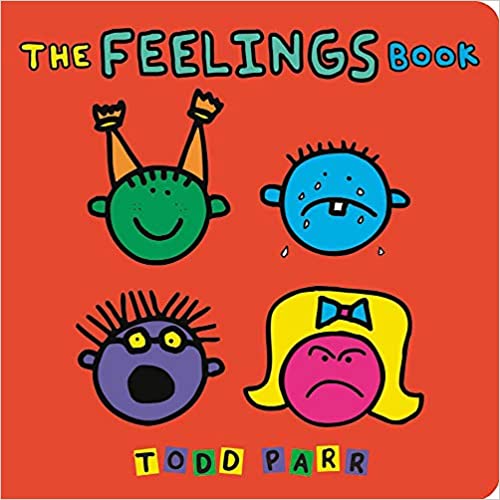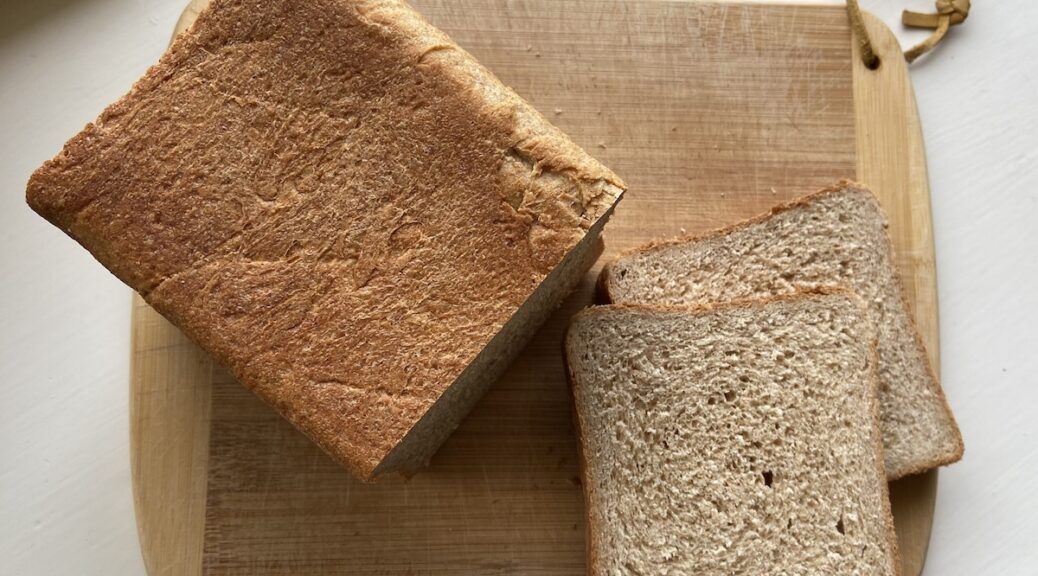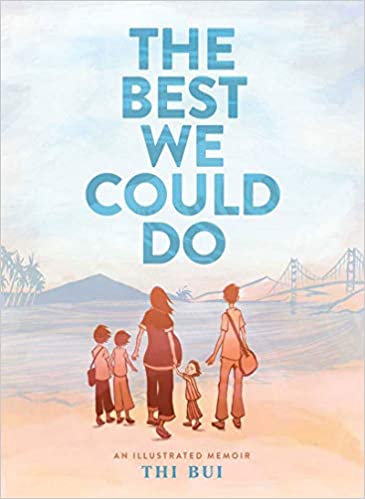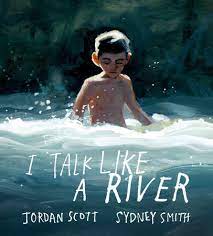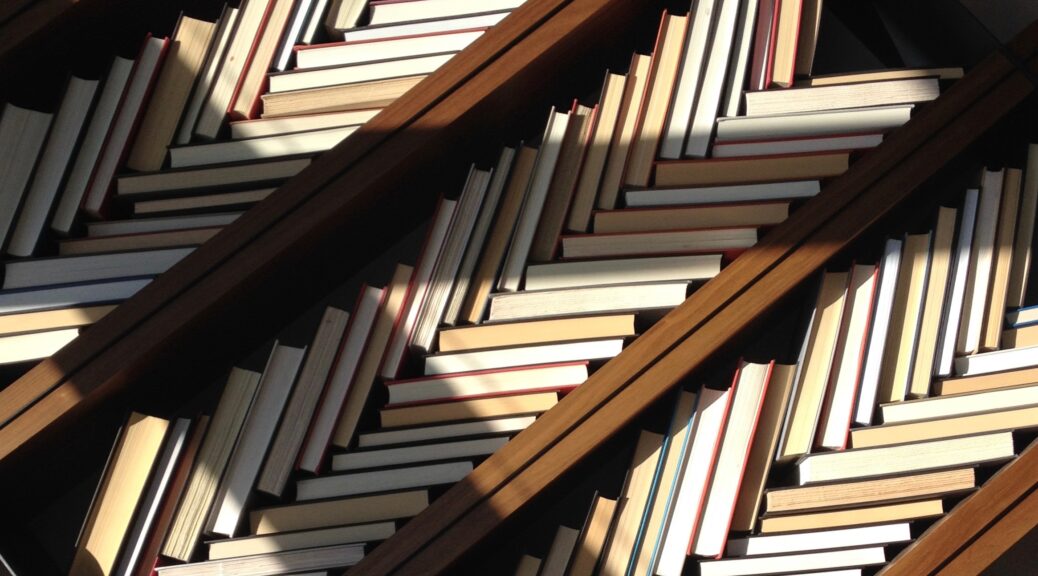Pain de Mie is a French bread baked in a loaf pan with a lid, which results in a rectangular loaf. It's traditionally made with white flour, but I was intrigued by the idea of a version with at least some whole wheat in it.
This bread comes together quite quickly by homemade bread standards, and it's incredibly versatile. It's great still warm from the oven with butter or toasted with peanut butter on top. I've enjoyed it equally well with hummus and with egg salad, and it also formed the base of some mighty fine avocado toast when I found myself with a spare avocado half last week. It would probably also taste good with some sort of meat, if you're into that kind of thing.
What follows is my modified version of a recipe* that will fit a 16" Pullman pan. The original recipe is for a 13" pan, so I increased everything accordingly. (A 13" pan holds 14 cups, and my pan holds 16 cups.)
Equipment notes: You need the special pan to get the right shape, but you do not need a mixer. I much prefer measuring with a scale, as I find it's faster and more accurate.
Ingredients
2 1/4 cups whole milk
5 tablespoons (90 grams) honey
3 1/2 tablespoons (1 3/4 ounces) unsalted butter, softened
3 1/2 teaspoons salt
3 cups (18 ounces) whole wheat flour
[note: I think this is a touch too much and plan to go down to 17 ounces the next time I make this]
3 cups (14 1/2 ounces) bread flour**
3 1/2 teaspoons (11.5 grams) active dry yeast
cooking spray
Directions
Heat the milk slightly to 105° F). Pour into a large bowl and add the honey and yeast. Let stand for about 5 minutes until the yeast bubbles.
Add the softened butter, salt, whole wheat flour, and bread flour. Mix until combined; they dough will look somewhat shaggy at this stage. Cover the bowl with a towel and let stand for 15 minutes.
Dump the dough onto the countertop and knead vigorously by hand until the dough is smooth and springy, about 10 minutes. Return the dough to the bowl, cover again with a towel, and let stand until doubled in volume (approximately 1 hour).
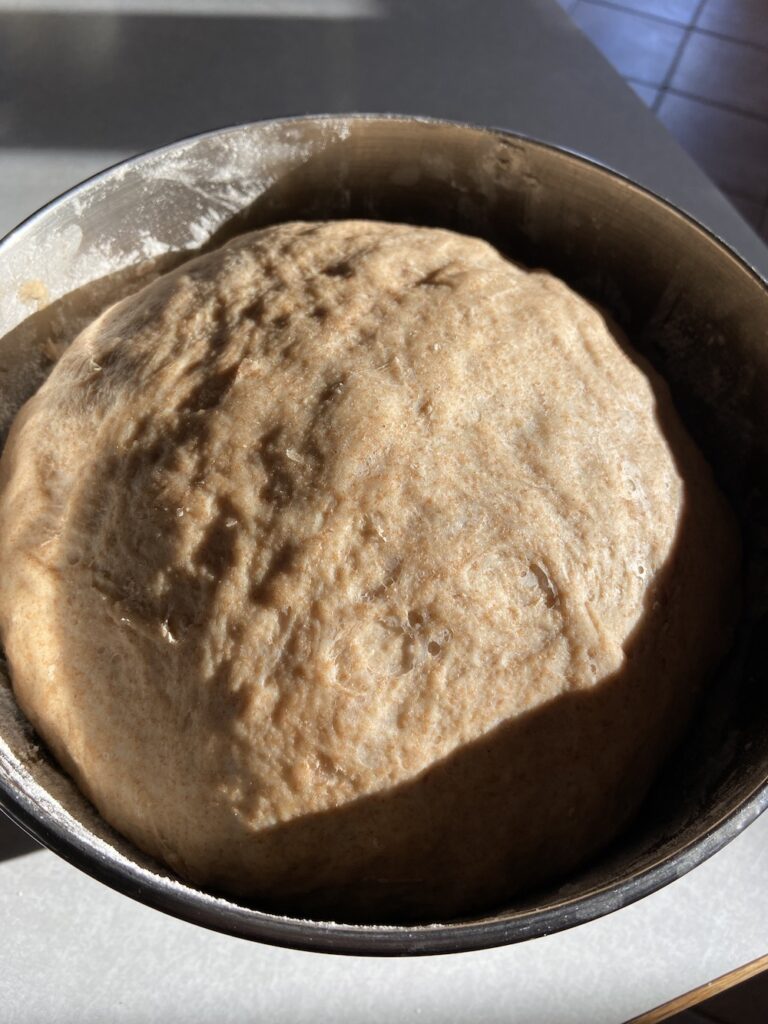
It has risen, indeed.
When dough has risen, spray the inside of your loaf pan with cooking spray to prevent sticking.
Turn the dough onto a countertop (I find I don't need to flour the countertop, but if your dough seems sticky, by all means put down a little flour). Gently flatten the dough and press it into a rectangle shape just slightly shorter than the long side of your pan.
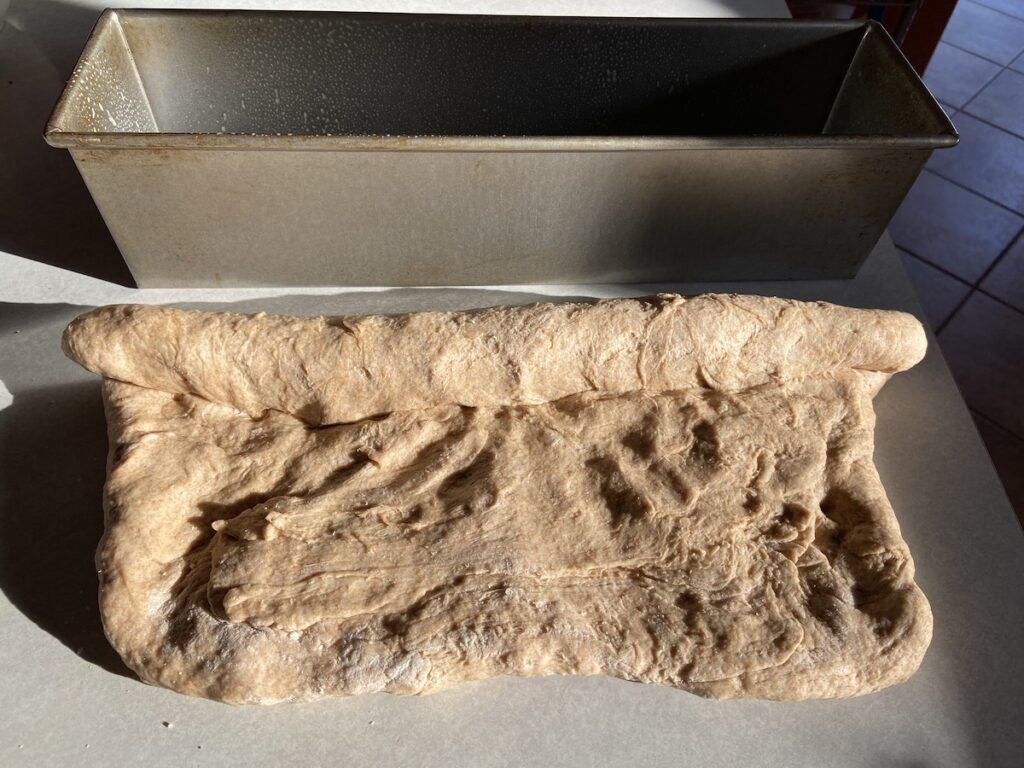
Rollin', rollin', rollin'...
Starting at the top edge of the dough (the long side that's farthest from you), begin to roll the dough. After each turn of the dough, seal the seam firmly to prevent large air bubbles from forming as the loaf bakes. When the dough is fully rolled, if it's slightly longer than your pan (mine always is), place your palms on the two sides of the dough log and push in slightly until the dough is the right length.
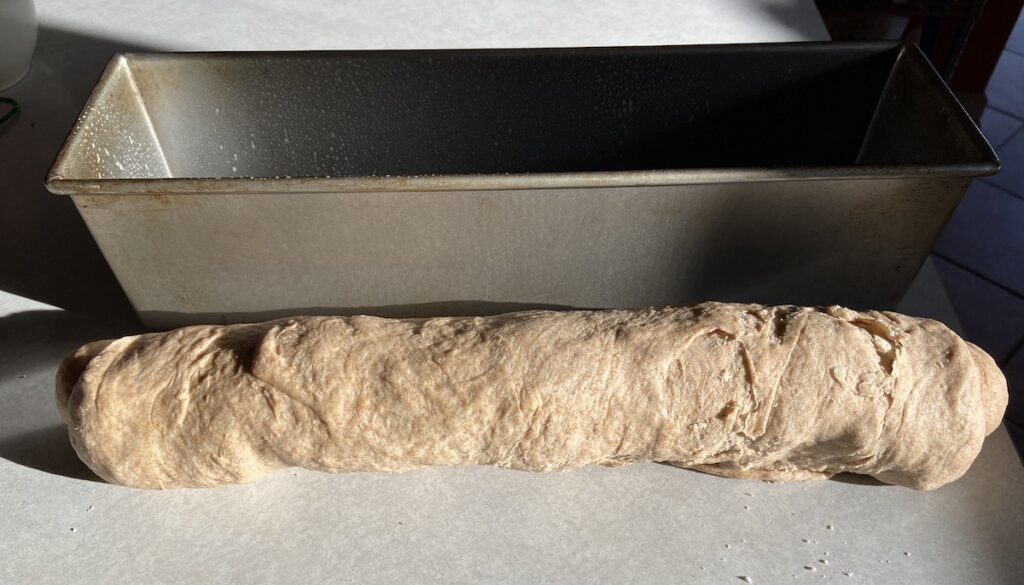
All rolled up!
Gently pick up dough and place it in the oiled pan, seam side down. Cover pan with the lid and let it rise until it is about 1 inch from the top of the pan. I find that this takes 30-40 minutes. Preheat the oven to 400° F while the dough is rising.

So this is practically touching the lid, whoops! It still turned out fine.
Bake with the lid on for 30 minutes. Remove pan from oven and using pot holders, slide lid off pan and set aside. Return pan to oven for an additional 10 minutes until the loaf is golden brown and cooked through. When loaf is done baking, immediately turn out onto a cooling rack and let cool.
You will be very tempted to cut into your new loaf immediately, but resist the temptation! (Nerd alert: here's a great article explaining why this is.)
Once the bread has cooled to room temperature, slice and enjoy! This recipe makes more than we can eat within a few days, so I typically cut the loaf in half, wrap one half in plastic, put it in a zip-top bag, and freeze until it's needed.
*Mr. NaCl found the recipe online and printed it out, and now I can't find it anywhere online! It looks to originally be from the book Whole Grain Breads by Machine or Hand by Beatrice Ojakangas. Fun fact: According to the book's description, Ms. Ojakangas is from Duluth!
**The original recipe calls for whole wheat bread flour, which I've never found in stores.
